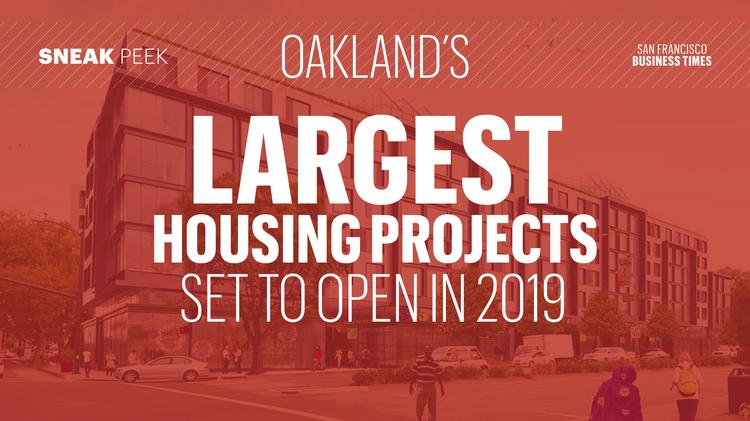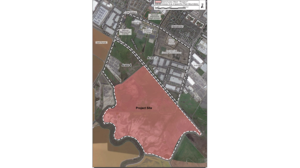Ken Rosen: Oakland's housing boom is too much too fast
Ken Rosen, one of the Bay Area’s most well-known economists, said Oakland’s housing market is oversupplied with new units.
The
influx of new apartments will benefit renters with more competitive
prices and a broader selection of homes, Rosen said as he presented his
annual forecast on the region’s economy Monday in San Francisco. But
landlords could take financial hits if they have to offer discounts to
lure tenants or charge lower rents than they originally planned when
they started construction.
“There’s
going to be some turmoil,” said Rosen, chairman of the Fisher Center
for Real Estate & Urban Economics at the Haas School of Business at
the University of California, Berkeley. “Too much supply at once is a
lot to deal with. That doesn’t mean it won’t be absorbed.”
The city has welcomed a few thousand new homes to the market this year with 9,277 homes under construction and another 10,097 units in the pipeline, according to city data. Oakland is now adding more homes, mostly apartments, to its housing stock than San Francisco.
While
Oakland's median monthly rent shot up 44 percent from $2,133 in 2014 to
$3,066 in 2018 — rents unheard of in Oakland five years ago — the rate
of growth has slowed. The media rent increased by only 1 percent
between 2017 and 2018, according real estate information website Zillow.
Largest Oakland housing projects set to open in 2019
These apartments will be a significant boost to Oakland's housing stock in 2019.
Oakland’s
housing boom comes as the region faces a housing shortage as job growth
has far outpaced housing production during the past decade.
The
city upzoned several areas in and around its downtown core, including
along the former Auto Row, where some 3,000 homes have been built or are
under construction.
Rosen
said rents have effectively doubled in many parts of the Bay Area and
home prices have surpassed their peak from before the Great Recession.
But that rate of growth is slowing down.
“More
development is a good thing,” he said. “We need more supply, but it
means there’s going to be more caution in the next round.”
At
the same time, the region’s unaffordability is taking a toll on the
labor force as more workers move out of state to cities where housing is
less expensive.
Rosen
predicted a 40 percent chance of a recession next year and a 60 percent
chance in 2021. The key factors that could lead the nation into an
economic downturn are geopolitical volatility such as the future of
Britain’s exit from the European Union, President Donald Trump’s trade
war with China over tariffs as well as a slowdown in the tech sector.
Rosen
said some companies that had been growing exponentially are likely
overvalued. That includes WeWork, the co-working and office space
operator, that is one of San Francisco’s largest office tenants.
“We never want recessions, but there would be less traffic and housing costs would go down,” he said.
Largest Oakland Construction Projects
Ranked by Construction cost



















No comments:
Post a Comment